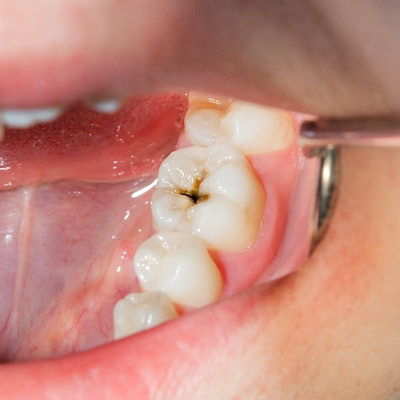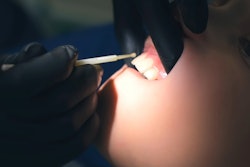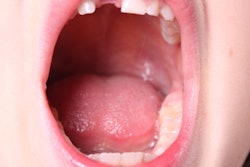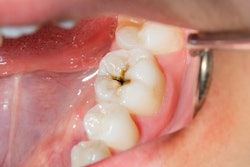
A dose of silver diamine fluoride (SDF) brushed onto children's teeth as part of a school-based oral health program prevents cavities as effectively as sealants, according to a study published on February 9 in JAMA Network Open.
The study -- which is called "CariedAway" -- found that both types of treatments warded off 80% of cavities and kept 50% of existing cavities from getting worse, as evidenced when the children were seen two years later.
The findings point to an "efficient and cost-effective approach to improving children's oral health through school-based care," said the study's senior author, Dr. Richard Niederman of the New York University College of Dentistry in New York City, in a statement released by the university. The research was conducted just before and during the COVID-19 pandemic.
"Without prevention, dental cavities grow continuously if not treated," Niederman said. "One CariedAway cavity prevention treatment, provided just before schools closed during the pandemic, was remarkably effective over the following two-year period. I know of no other dental preventive intervention that had this great a beneficial impact across the pandemic."
Cavities are the most common chronic disease in children and tend to affect those from lower-income families more than those from higher-income ones, the researchers noted. Offering basic dental services in schools is one way to mitigate this gap.
CariedAway included almost 3,000 schoolchildren from 47 New York schools. It sought to compare a "simple" treatment of SDF to the standard of care, a more complex protocol that combines glass ionomer sealants and fluoride varnish. A single dose of SDF saves time and costs, the team noted.
The children received either of the treatments between 2019 and early 2020 at their schools from teams that consisted of a supervising dentist, dental hygienists, and registered nurses. The treatment encounters were paused when the pandemic closed the city's schools. Two years later, the teams were allowed back into the schools and conducted follow-up visits.
Both types of treatments were successful in preventing more than 80% of cavities, and both stopped about 50% of cavities from progressing over a two-year period, the researchers found.
"Our results support the use of silver diamine fluoride for cavity prevention in school-based oral health programs and offer an opportunity for expanding access to critical oral health care," Ryan Ruff, PhD, the study's first author, said in the university's statement.



















